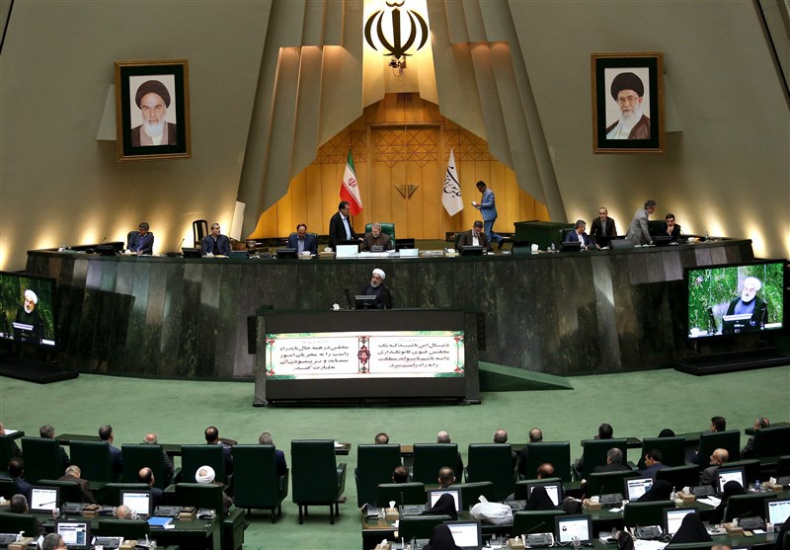Iran’s Parliament among oldest in Asia: Official

Iran is among Asia’s top three states in terms of having the most age-old parliaments, said the head of the Library, Museum and Documents Center of Islamic Consultative Assembly.
Speaking to Iran Daily in an exclusive interview, Seyyed Ali Emad described Iran as a pioneering country in the region in terms of forming parliament and making people participate in the process of making executive decisions for the country.
Commenting on parliaments’ role in creating democracy in societies, he noted that Iran’s Parliament is a manifestation of democracy and underlines people’s role in the country’s executive measures and government decisions.
Describing as strong and firm the Parliament’s position in the country’s structure of governance in different eras, Emad said this has helped the legislative body to be able to continue to exist strongly since the very beginning of its establishment.
“Even Iranian governments with autocratic tendencies adapted themselves to the Parliament’s status in the country and never managed to stop the body’s activities.”
He said although some despotic governments in Iran managed to negatively impact the Parliament’s freedom of action and vote in such a way as, at times, to diminish people’s role in the decision-making process by making certain alterations in the body, they never managed to exclude this legislative organization from the history of Iran’s social life.
Emad also noted that the Parliament increases the influence of national opinions on decisions made by the government, adding, “We hope that the Parliament would continue to remain as influential as it is within Iran’s decision-making structure.”
On the formation of Parliament in Iran, he said the Persian Constitutional Movement and Revolution achieved victory in 1906 and founded the country’s first Parliament as its maiden step.
Emad added that in fact since the 1900s, when the first Parliament was founded in Iran, the legislative body has constantly continued its life in the country, except for a short period between 1908 and 1909 beginning with Mohammad Ali Shah Qajar (1872-1925), the sixth king of the Qajar Dynasty, firing cannons at the National Consultative Assembly and ending following the constitutionalists’ conquest of Tehran.
He said after the victory of Iran’s 1979 Islamic Revolution, the Parliament continued to exist in the country, adding shortly after the dissolution of the 24th National Consultative Assembly, the Islamic Consultative Assembly was founded in March 1980.
Emad noted that a huge collection of documents and books are kept at the Library, Museum and Documents Center of Islamic Consultative Assembly, which constitute the most important treasure of Iran’s secrets following the victory of the Persian Constitutional Revolution.
He added the center is home to close to 14 million scientific, historical and cultural documents pertaining to Iran’s contemporary history.
Source: Iran

